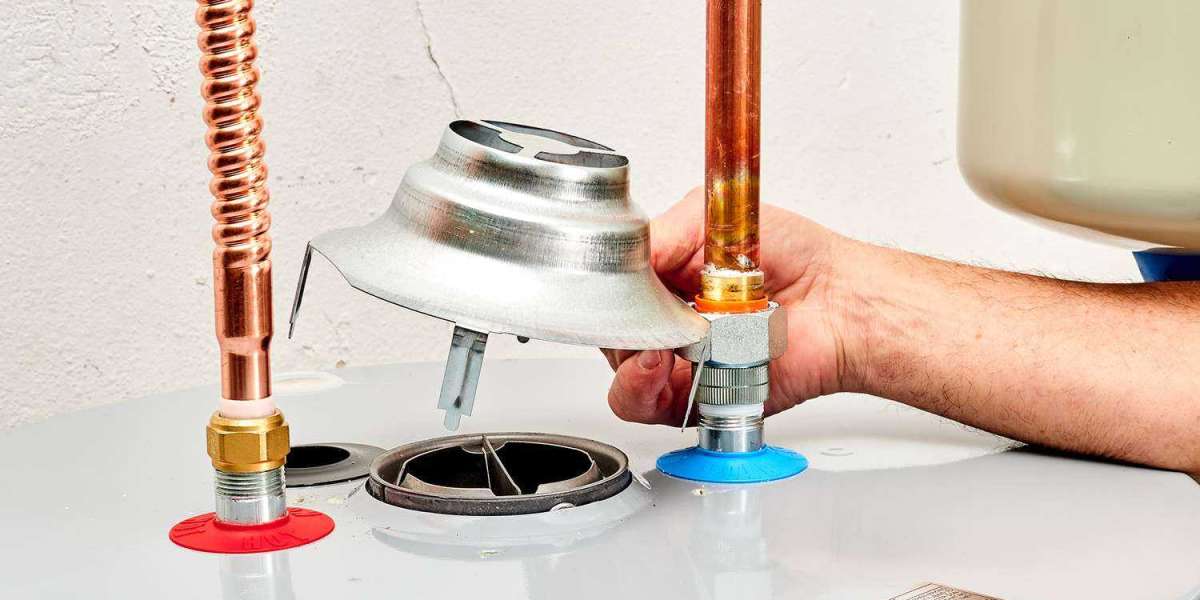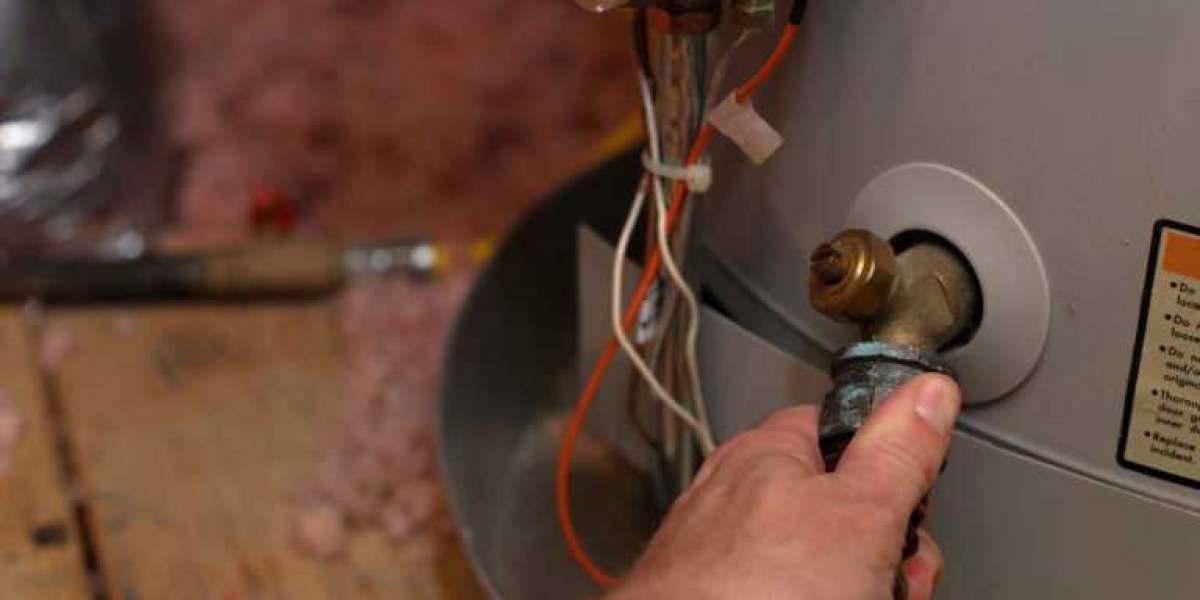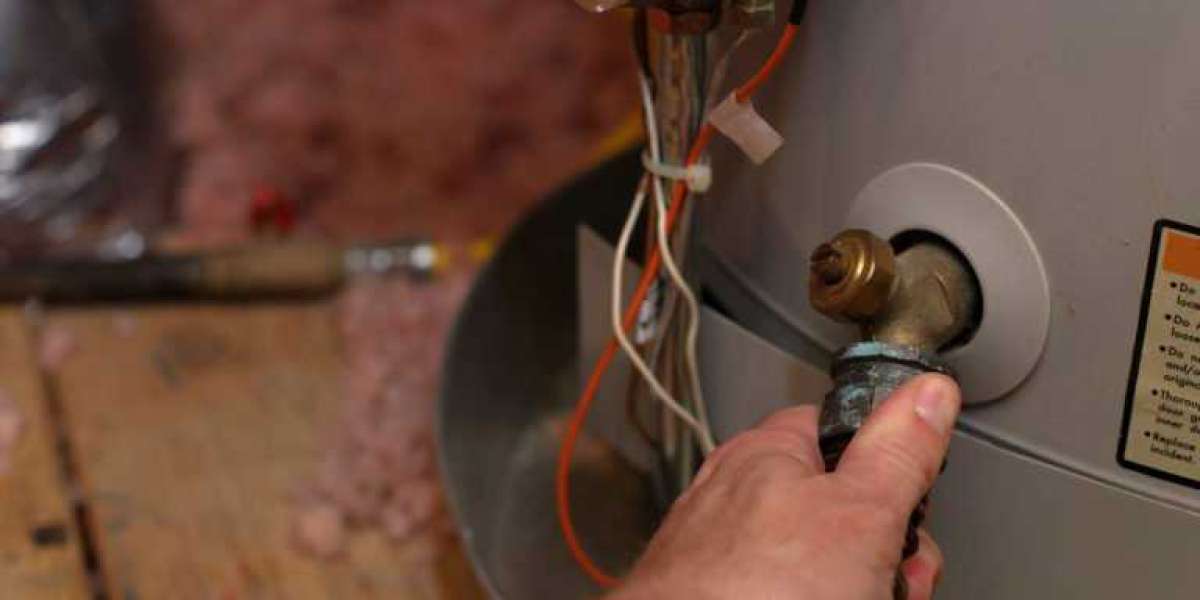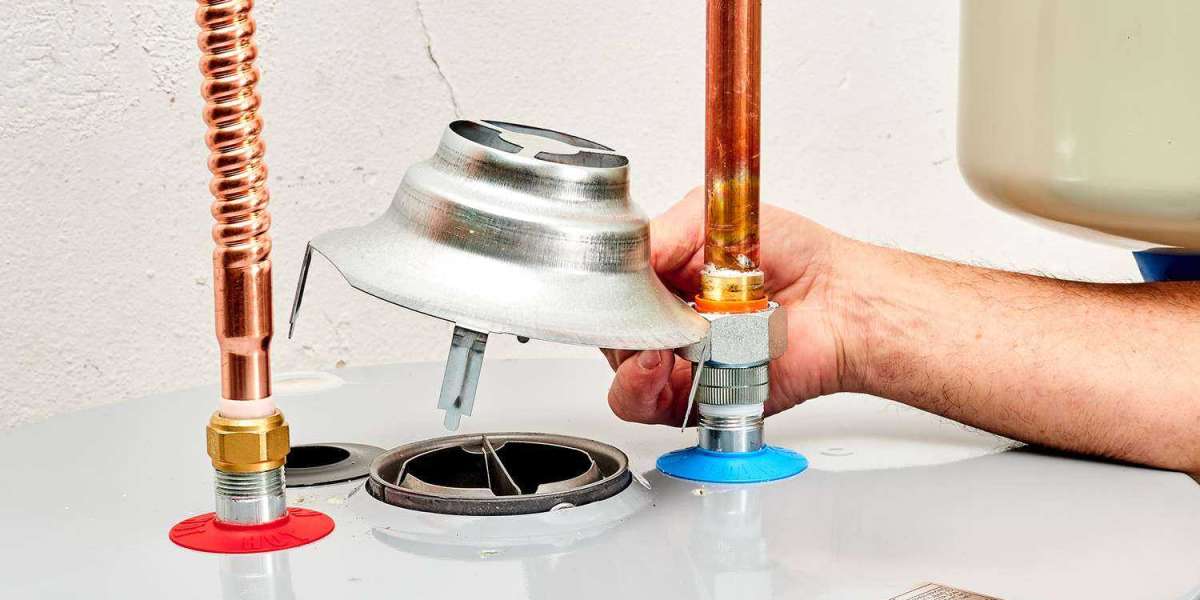Installing a new water heater is a major investment in your home's comfort and efficiency. Whether you're replacing an aging system or upgrading to something more energy-efficient, making the right decisions early on can save you time, money, and frustration. Before you move forward with a water heater installation, it’s essential to understand your options, know what the installation process involves, and be aware of common pitfalls to avoid.
In this guide, we’ll cover what local water heater installers want every homeowner to know before taking the plunge.
Understand the Types of Water Heaters
The first step in planning a hot water heater installation is choosing the right type of system. The most common options include:
Conventional storage tank water heaters: These units store a set amount of hot water and are usually less expensive up front.
Tankless water heaters: Also known as on-demand systems, these heat water only when needed and offer greater energy efficiency.
Hybrid models: These combine features of both tank and tankless systems, often using a heat pump for better energy savings.
Solar water heaters: Ideal for eco-conscious homeowners, these use solar panels to power the heating system.
Each type comes with its own set of pros and cons. Professional water heater installation providers can assess your needs and recommend the best fit for your household.
Size Matters More Than You Think
Water heaters aren’t one-size-fits-all. Choosing the wrong size can lead to frustrating consequences—either you run out of hot water constantly, or you overpay for heating more water than you need.
To avoid these issues, local water heater installers perform a sizing calculation based on your household's daily hot water usage. Factors like the number of bathrooms, laundry loads, and residents all play a role.
A properly sized system improves efficiency, reduces energy costs, and ensures consistent hot water for your family.
Know Your Fuel Type and Efficiency Options
Water heaters are typically powered by electricity, natural gas, propane, or even solar energy. When planning your water heater installation, you’ll want to select a model that matches your existing fuel source—or switch to a more cost-effective option if feasible.
Also, consider the unit's energy efficiency rating. High-efficiency models may cost more upfront but offer significant long-term savings on utility bills. Many affordable water heater installation options include ENERGY STAR® certified units, which meet strict efficiency standards.
Installation Location and Space Requirements
Before your new unit can be installed, you’ll need to make sure there’s adequate space in your home. Traditional tank heaters require a dedicated area with proper ventilation, drainage, and clearance. Tankless systems are more compact, but they still have specific requirements.
Water heater installation services will assess the installation area, confirm compatibility, and make necessary adjustments. If you’re switching from a tank to a tankless system, for example, plumbing and electrical modifications may be required.
A site inspection ensures the new system can be installed safely and efficiently.
Local Codes, Permits, and Safety Standards
One thing many homeowners overlook is that water heater installations are subject to local building codes. In most cities, you’ll need a permit and final inspection to ensure everything meets safety and operational standards.
That’s why hiring professional water heater installation providers is critical. They’re familiar with these regulations and handle all the paperwork, ensuring the installation is fully compliant. Skipping this step can lead to fines, insurance issues, and even safety hazards.
Don’t Forget About Venting and Drainage
Proper venting is crucial, especially for gas-powered water heaters. Poorly vented systems can lead to carbon monoxide buildup or fire hazards. Similarly, drainage systems help protect your home in case of a leak or pressure overflow.
Experienced water heater installation services will install the correct venting and drainage systems, minimizing risks and keeping your home safe.
Consider Upgrades and Smart Features
Modern water heaters often come with features that make them smarter and more efficient. Wi-Fi connectivity, leak detection systems, programmable timers, and temperature controls allow you to manage energy use and catch potential problems early.
If you're investing in a new unit, talk to local water heater installers about optional upgrades that may fit your lifestyle and offer long-term savings.
Budgeting for Installation Costs
The total cost of a new water heater isn’t just the unit itself—it also includes labor, materials, possible permit fees, and any required upgrades to your plumbing or electrical systems.
While it’s tempting to go with the lowest bid, remember that quality matters. A low-cost service may cut corners or install subpar equipment. Affordable water heater installation doesn’t mean cheap—it means finding a balance between value, efficiency, and long-term reliability.
Request detailed estimates and look for water heater installation services that provide transparent pricing and warranties.
Timeframe and Scheduling
The actual installation process typically takes 2 to 4 hours, depending on the complexity of the job and whether any existing systems need to be removed. In emergency situations—like a leaking or failed unit—some local water heater installers offer same-day or next-day service.
Try to schedule your installation during a time when you can be home and available in case the installer needs access to specific areas of your property.
Maintenance and Warranty Coverage
Once your new system is in place, regular maintenance is key to ensuring a long lifespan. Basic upkeep like flushing the tank, checking the anode rod, and inspecting valves can help prevent future issues.
Most new units come with a manufacturer warranty, and some professional water heater installation providers also offer extended service plans. Make sure to understand the terms and ask questions about what’s covered—and what isn’t.
Final Thoughts: Be Informed, Be Ready
A new water heater is a significant home upgrade, and knowing what to expect before installation can make the process smooth and stress-free. By understanding your options, evaluating your needs, and choosing a trusted provider, you can ensure that your water heater installation delivers comfort, efficiency, and reliability for years to come.
Whether you're looking for a premium upgrade or an affordable water heater installation, partnering with local water heater installers will give you the confidence and peace of mind to move forward.










